Discover how artificial intelligence technology influences hotel pricing, services, and guest experiences in ways most travelers never notice.

Artificial intelligence has become deeply embedded in hotel operations, quietly managing everything from room rates to housekeeping schedules. These AI systems analyze vast amounts of data to make real-time decisions about pricing, staffing, and service delivery. Most guests remain unaware of how extensively AI shapes their hotel experience from booking to checkout.
The integration of AI technology represents hotels’ efforts to maximize revenue, improve operational efficiency, and personalize guest services. Understanding these AI-driven changes helps travelers make more informed booking decisions, recognize when algorithms influence their costs, and better navigate the modern hotel landscape.
1. Dynamic pricing algorithms adjust room rates multiple times per day.

Hotel revenue management systems use AI to constantly monitor demand patterns, competitor pricing, local events, weather forecasts, and booking velocity to optimize room rates. These algorithms can change prices dozens of times daily, adjusting rates based on real-time market conditions and predicted demand fluctuations, according to AHL Insights. The system considers factors like remaining inventory, guest booking history, and seasonal trends to maximize revenue per available room.
This dynamic pricing means the rate you see in the morning may differ significantly from the same room’s price that evening. Unlike airline pricing, hotel AI often considers your browsing history and booking patterns to present personalized rates. To get better deals, clear your browser cookies between searches, compare prices across multiple platforms, and consider booking during off-peak hours when algorithms may offer lower rates to stimulate demand.
2. Chatbots handle most initial customer service inquiries without human involvement.

AI-powered chatbots now manage a majority of guest communications, from pre-arrival questions to simple service requests during stays. These systems use natural language processing to understand guest inquiries and provide appropriate responses or route complex issues to human staff. Advanced chatbots can handle room service orders, housekeeping requests, local recommendations, and basic problem resolution without human intervention, as mentioned in Hospitality Net.
The efficiency gains from AI chatbots allow hotels to provide faster responses while reducing staffing costs, but the technology sometimes struggles with nuanced requests or emotional situations. When communicating with hotel chatbots, use clear, specific language and don’t hesitate to request human assistance if the automated system doesn’t understand your needs. Most hotels maintain escalation protocols to connect guests with live agents when AI solutions prove inadequate.
3. Predictive maintenance systems anticipate equipment failures before they happen.
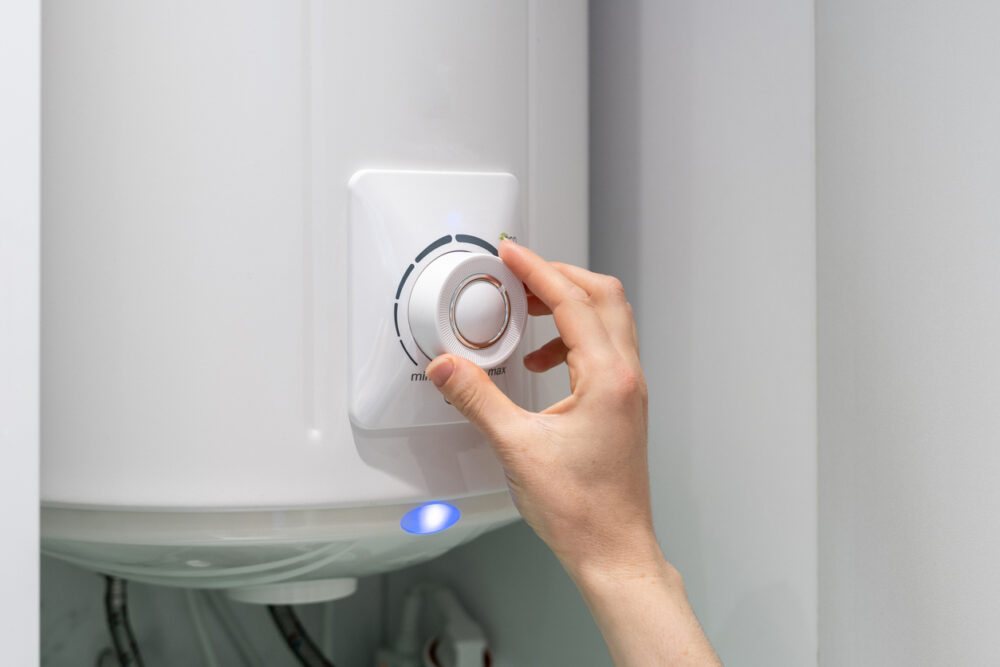
Hotels use AI to monitor heating, cooling, plumbing, and electrical systems throughout their properties, analyzing usage patterns and performance data to predict when equipment might fail. These predictive maintenance systems schedule repairs during low-occupancy periods and order replacement parts before breakdowns occur. The technology helps prevent guest disruptions while extending equipment lifespan and reducing emergency repair costs, as per Canary Technologies.
This proactive approach means fewer service interruptions during your stay, but it also contributes to higher operational costs that may be reflected in room rates. The investment in predictive maintenance typically improves guest satisfaction by preventing problems rather than reacting to them. As a guest, you benefit from more reliable room systems, though you may notice maintenance activities scheduled during traditionally quiet hours.
4. Personalization engines create customized offers based on your digital footprint.
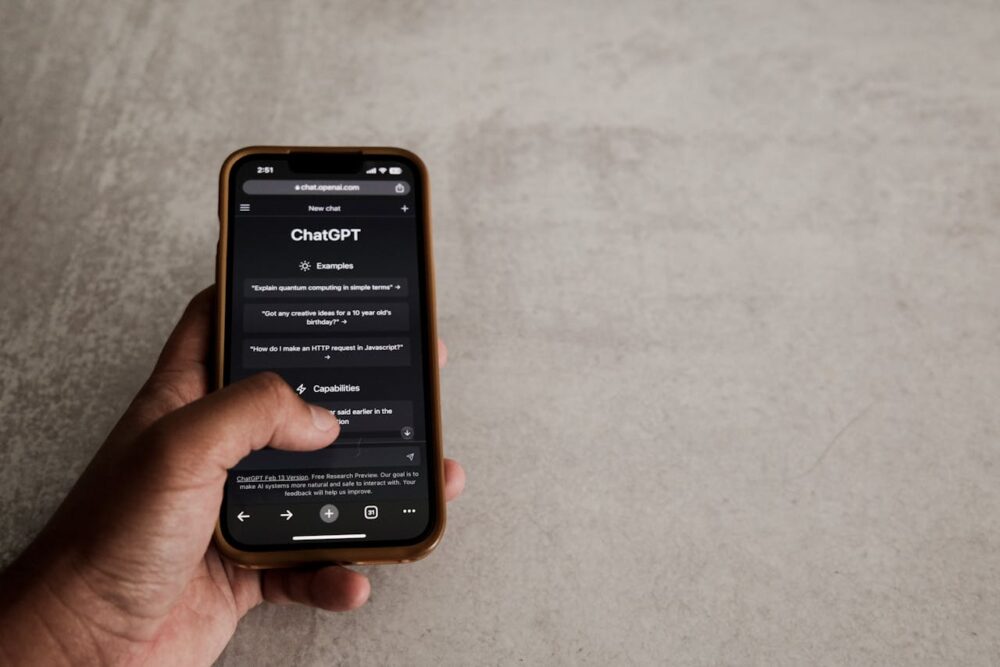
AI systems analyze your online behavior, booking history, social media activity, and demographic information to create personalized hotel experiences and targeted offers. These engines consider your past preferences for room types, amenities, dining choices, and spending patterns to predict what services you might purchase. The technology extends beyond room selection to influence restaurant recommendations, spa treatments, and activity suggestions.
This personalization can enhance your experience by surfacing relevant options, but it also means you might pay premium prices for services the AI determines you can afford. To maintain some control over this process, use privacy-focused browsers when researching hotels, consider booking through different platforms occasionally, and be aware that loyalty program participation provides extensive data for AI analysis.
5. Automated housekeeping schedules optimize cleaning efficiency and labor costs.
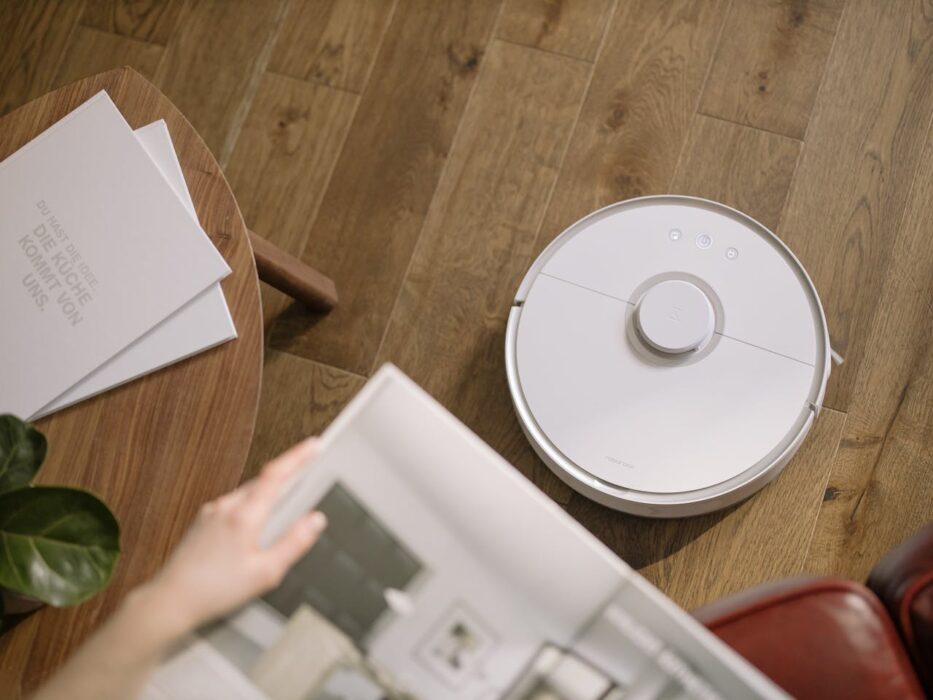
AI systems coordinate housekeeping operations by analyzing checkout times, arrival schedules, room occupancy patterns, and historical cleaning duration data to create optimal work assignments. These algorithms determine which rooms to clean first, how to distribute workloads among staff, and when to schedule deep cleaning or maintenance tasks. The technology aims to minimize guest wait times while maximizing housekeeping productivity.
This optimization can result in faster room turnaround times and more consistent cleaning standards, but it may also contribute to increased housekeeping workloads and time pressures on staff. The efficiency gains help hotels control labor costs, which can influence overall pricing strategies. As a guest, you might experience quicker check-ins and more predictable room availability, though the human element in housekeeping remains crucial for quality control.
6. Voice recognition technology monitors phone calls for quality and training purposes.

Hotels increasingly use AI-powered voice analytics to evaluate phone interactions between staff and guests, analyzing tone, response time, resolution effectiveness, and customer satisfaction indicators. These systems identify training opportunities, monitor service quality, and sometimes flag potential issues before they escalate. The technology helps standardize service delivery across different staff members and shifts.
This monitoring aims to improve service consistency and guest satisfaction, but it raises privacy considerations about recorded conversations. Most hotels that use voice analytics include disclosure statements in their privacy policies, though guests may not realize their calls are being analyzed by AI systems. When calling hotel services, speak clearly and be specific about your needs, as these interactions may influence future service protocols and staff training programs.
7. Facial recognition systems track guest movement and preferences throughout properties.
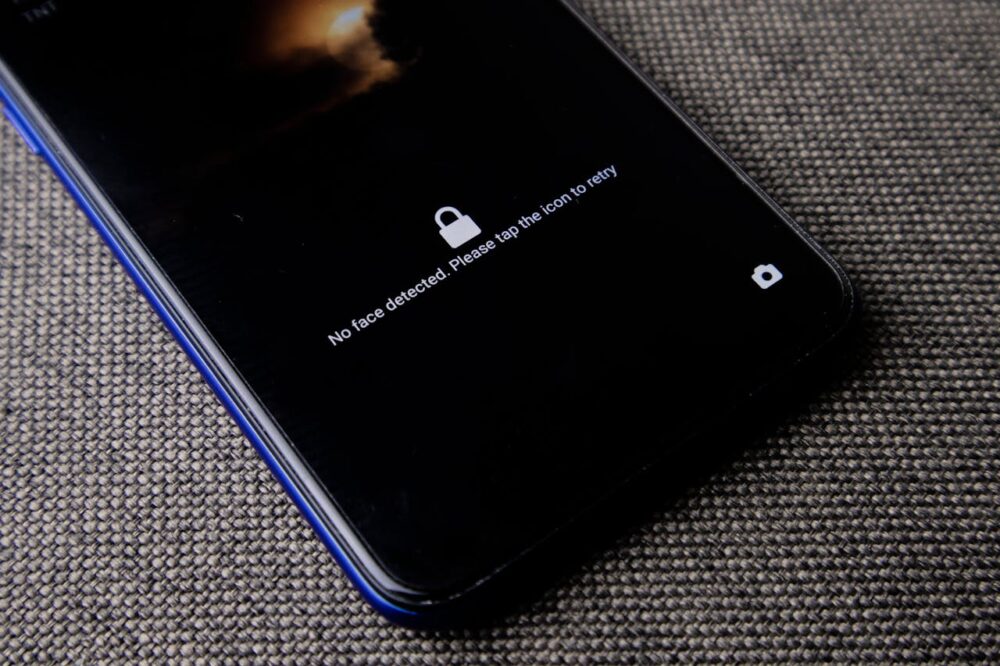
Some hotels deploy AI-powered cameras that can identify returning guests, monitor crowd patterns in common areas, and analyze guest behavior to improve facility design and service delivery. These systems may recognize VIP guests for enhanced service or track movement patterns to optimize staffing levels in restaurants, pools, and other amenities. The technology operates alongside traditional security systems but serves broader operational purposes.
This tracking capability can enable more personalized service and better security, but it also raises significant privacy concerns about surveillance and data collection. Many jurisdictions require disclosure of facial recognition use, though policies vary widely. Guests concerned about privacy should review hotel privacy policies, inquire about opt-out procedures, and understand that some level of security monitoring is standard in most hotel environments.
8. Automated inventory management systems influence amenity availability and pricing.
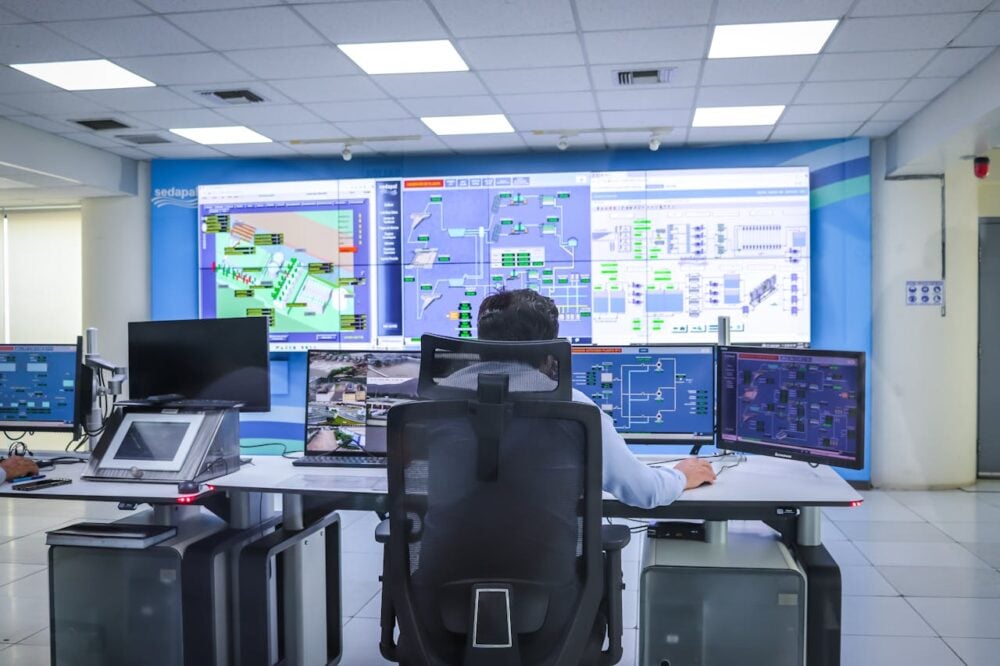
AI algorithms control inventory for everything from minibar items to spa treatments, adjusting availability and pricing based on demand patterns, guest preferences, and profit margins. These systems automatically reorder supplies, schedule deliveries, and sometimes modify service offerings based on predicted demand. The technology extends to restaurant inventory, conference room bookings, and recreational facility scheduling.
This automation helps ensure amenities remain available while optimizing profitability, but it can also result in higher prices for popular items or services during peak demand periods. The AI-driven inventory management contributes to the overall cost structure that influences room rates and service pricing. To get better value, consider using amenities during off-peak hours when automated systems may offer promotional pricing to increase utilization.
9. Machine learning algorithms detect and prevent fraudulent bookings and payments.
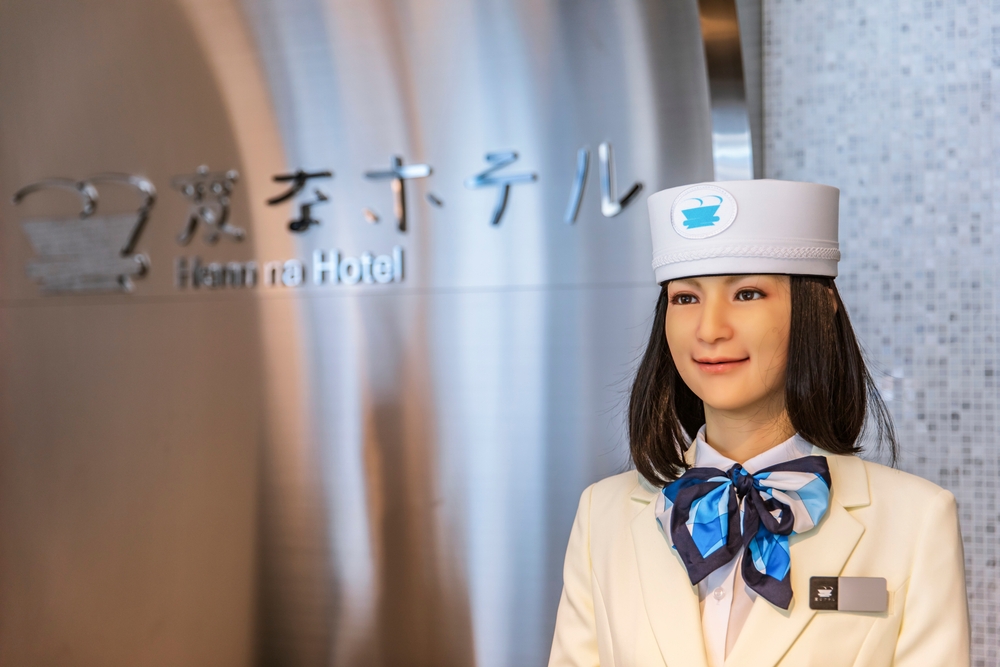
Hotels use sophisticated AI systems to analyze booking patterns, payment information, and guest behavior to identify potentially fraudulent reservations or transactions. These algorithms consider factors like booking velocity, payment methods, IP addresses, and historical fraud patterns to flag suspicious activity for human review. The technology helps protect both hotels and legitimate guests from fraud-related disruptions.
This fraud prevention can occasionally result in legitimate bookings being flagged or delayed, requiring additional verification steps or documentation from guests. The systems aim to balance security with customer convenience, but false positives can create frustrating experiences for travelers. When making reservations, use consistent personal information, book from trusted networks, and be prepared to provide additional verification if requested, especially for unusual booking patterns or high-value reservations.
